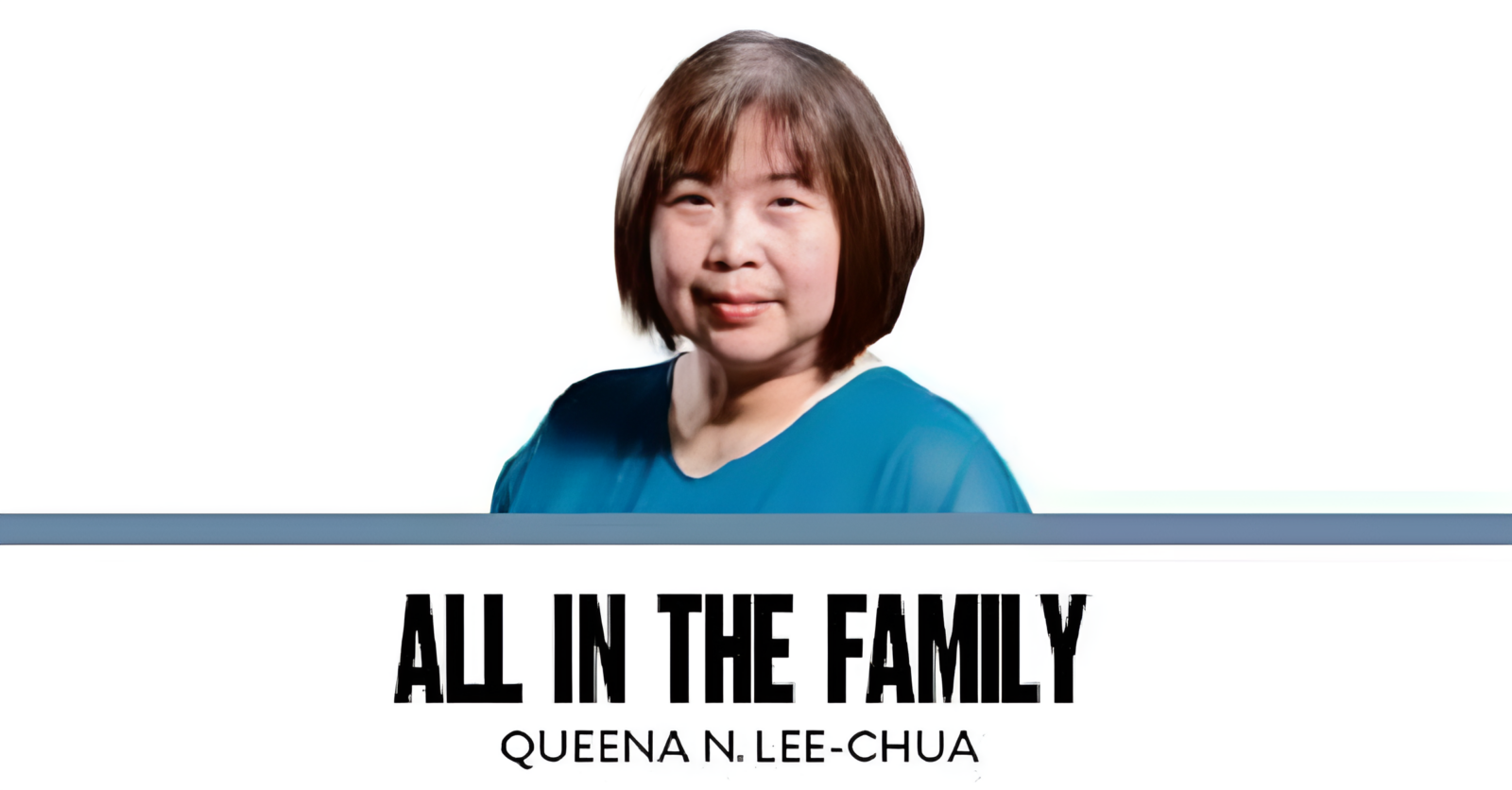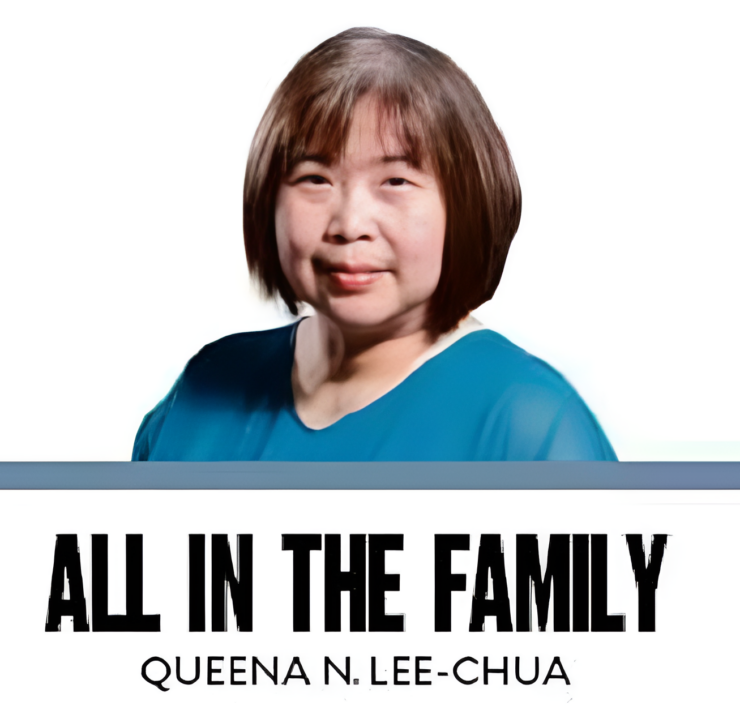Extravagant tenderness

(First of two parts)
As a child, Saul suffered abuse in a turbulent home. His stepfather often flung his mother through windows. At 13, Saul found her tied up and gagged in a closet, killed his stepfather, and stayed in prison for years.
After release, he found his way to Los Angeles-based Homeboy Industries, founded by Jesuit priest Fr. Gregory Boyle in 1988. In an environment of tenderness and respect, Saul finds his purpose, treats homies as his children and guides them to heal.
“I’ve decided to grow up to be somebody I always needed as a child,” he says. In this season of love, this is a most authentic expression.
In his 2021 book “The Whole Language,” Boyle pens stories of transformation and love about his experiences with ex-gangsters and inmates through Homeboy, the most successful gang-intervention, rehabilitation and reentry program on the planet. As in his first two books “Tattoos on the Heart” and “Barking at the Choir,” Boyle once more asks us to look for “a fuller expression and a wider frame within which to view things, allow the extravagant tenderness of God to wash over us,” but writing mostly in the enforced isolation of the pandemic—and in our country amid state-sanctioned killings and punitive penal conditions—he emphasizes even more our need for connection and belonging.
Each year Homeboy gives to thousands seeking hope the requisite training, therapy, jobs in social enterprises such as baking, electronics recycling, silkscreen, café, farmers’ market.
“The outsider’s view … is to offer content,” Boyle says. “If only these folks knew more, were trained more, had better character, had classes in values, and the like … What’s different at Homeboy is that content and information are always secondary to context and transformation. Our cultural context is the accepting community of tenderness that receives them. That is primary. Content is offered once this is established. Transformation happens where this is afforded.”
So when some homies curse and reject those wanting to help, Boyle says, “Such things can, initially, startle and sting. Then you settle into them like a very hot bath, and the sting becomes savor. And you catch yourself, not wanting to get separated from your kindness … When we speak only half the language, we fail to see the whole person, and [curses] can derail you. It can lead [you] to instantly become a New Yorker (‘F*** me? … oh no, no, no—F*** you!’) or feel tempted to recite ‘the litany’ (‘Here’s where I’ve been for you … after all I’ve done for you…’). [A] homegirl … says, ‘We don’t check boxes, we check pulses.’”
Boyle’s bracing reminder works not only for Homeboy but also for me and colleagues who accompany students with mental ill health, where even if acting-out is a cry for validation, it becomes wearisome still. Other well-meaning friends volunteer time and effort to tutor the poor, build homes, spread the Word—and many of them burn out.
“If I go to the margins to ‘make a difference,’ then it’s about me,” says Boyle. “We often confuse success with joy,” he adds, after hearing that a woman stopped working with refugees because “it was too hard,” yet confessed to having “moments of joy.”
“Identifying progress made, goals achieved, and advancement of the work as the locus of joy is … what tripped her up…Better to reside in our own vulnerability than measure outcomes. We shouldn’t confuse success with joy. They have little to do with each other.”
What about age-old notions of sin, used to threaten humans to shape up? “‘Sin’ in its Greek origins is ‘hamartia,’ which means to miss the mark. Because of our addiction to measuring, we see that we didn’t hit a bull’s-eye. We are measuring up poorly. But the mark we miss is joy.”
God loves unconditionally, says Boyle. “God wouldn’t love [a homie] more if he stops gangbanging. But [the homie] will be happier if he does … ‘Hamartia’ is not about being freed from sin but calling us to joy.”
And we come to the heart of it all—Boyle’s joyful, radical notion about God.
(To be continued next week)
Queena N. Lee-Chua is on the Board of Directors of Ateneo’s Family Business Center. Get her print book “All in the Family Business” at Lazada or Shopee, or e-book at Amazon, Google Play, Apple iBooks. Contact the author at blessbook.chua@gmail.com.


















